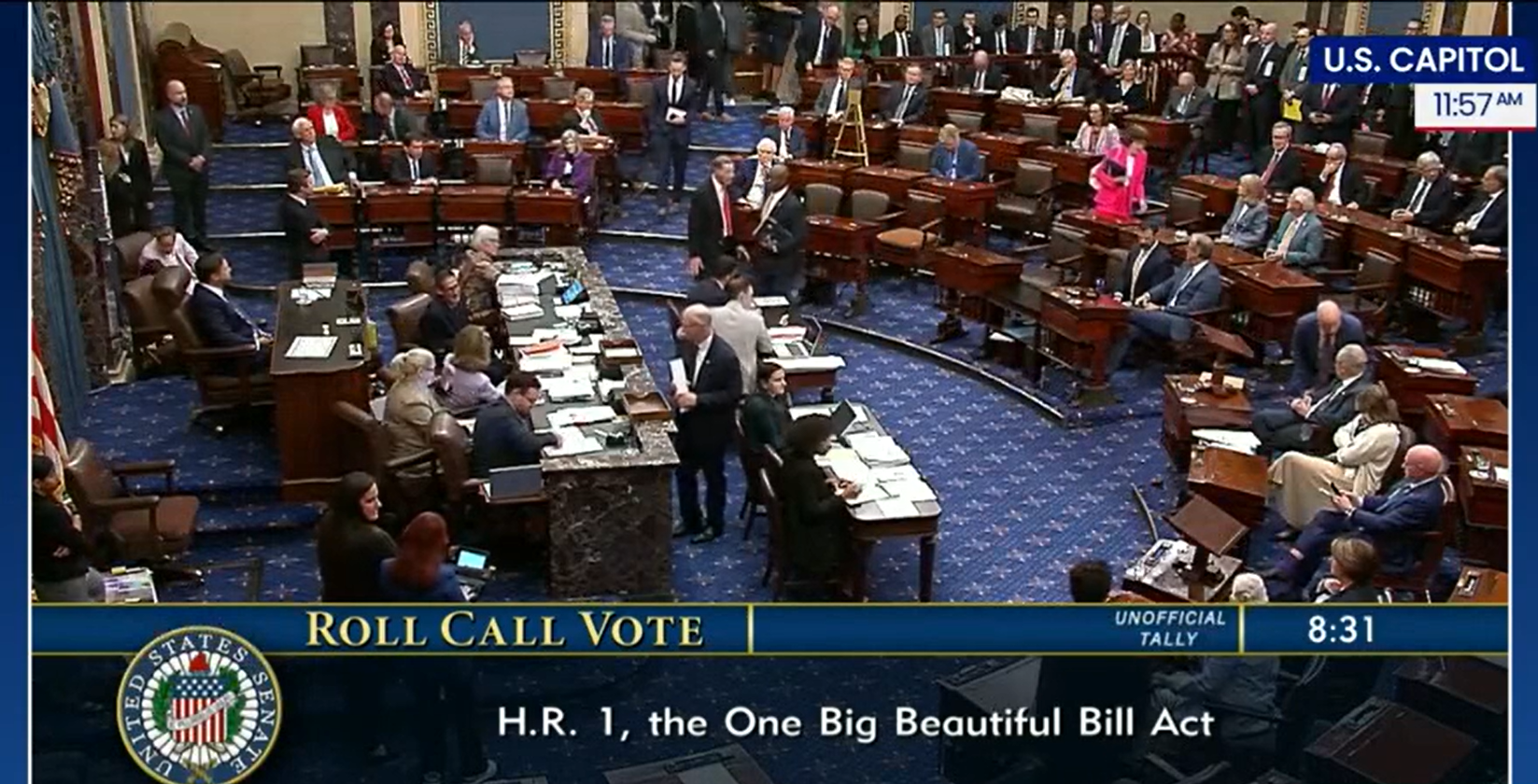Connections - 06.30.21
Help Test a New Assessment Tool for Community Life Engagement
Share this page
Stay Informed on the Latest Research & Analysis from ANCOR
More News
Stateside Report - 07.07.25
Stateside Report: July 07, 2025

Press Release - 07.03.25
Statement on Final Passage of the Republican Reconciliation Package


